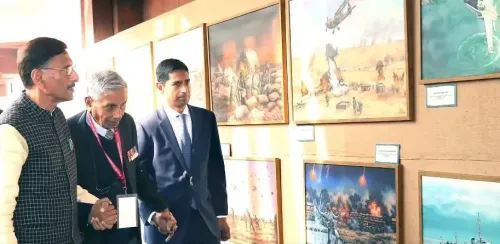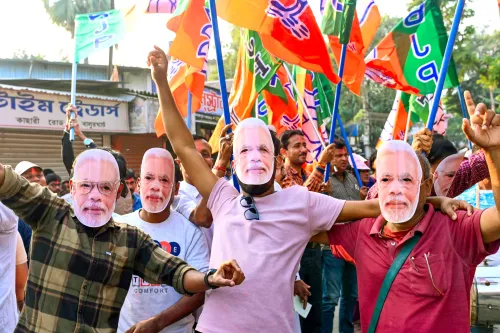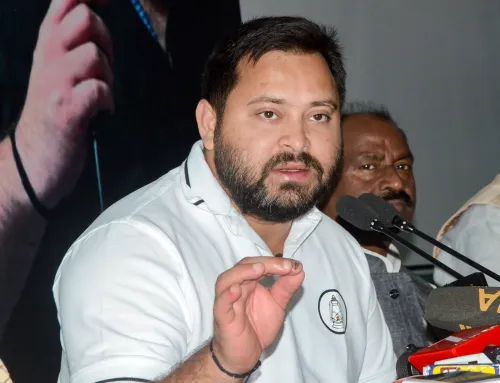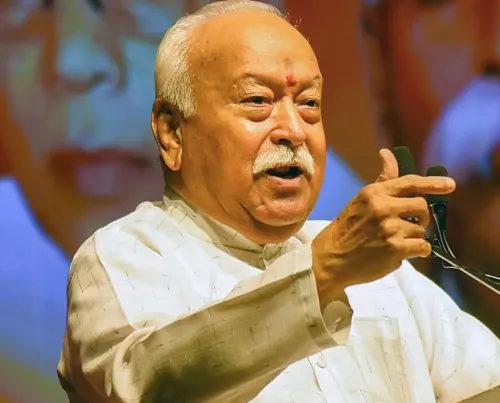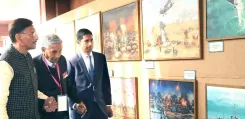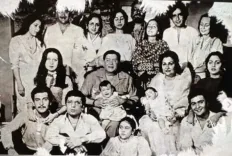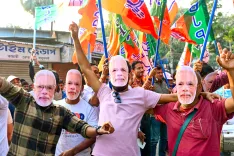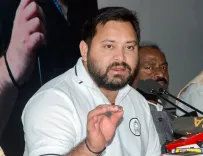Is ‘World Food India 2025’ Elevating India’s Role in Global Agri-Food Value Chains?
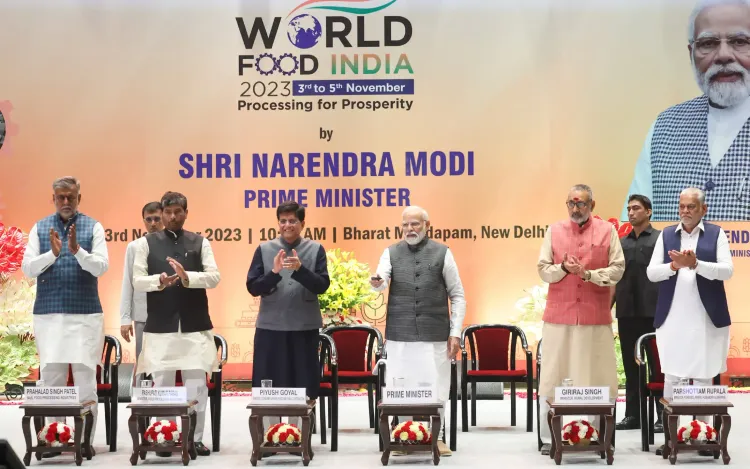
Synopsis
Key Takeaways
- Record investments exceeding Rs 1,02,000 crore.
- International partnerships established to enhance food processing.
- Focus on sustainable practices and innovation.
- Government initiatives to support grassroots entrepreneurs.
- Commitment to becoming a global supplier in agri-food.
New Delhi, Sep 29 (NationPress) The ‘World Food India 2025’ has reaffirmed India’s emergence as a global hub for food processing, innovation, and sustainable practices, the government stated on Monday.
With unprecedented investments, enhanced international partnerships, and a clear alignment with the vision of establishing India as a world leader in agri-food value chains, the four-day event has created a robust framework for future growth and global collaboration in the sector, according to the Ministry of Food Processing Industries.
Throughout the summit, it facilitated the signing of Memorandums of Understanding worth over Rs 1,02,000 crore, marking one of the largest investment commitments ever in the Indian food processing sector.
The Ministry of Food Processing Industries also fostered collaborations with leading academic and research institutions including NIFTEM-T and NIFTEM-K, promoting technology transfer and partnerships in food fortification, nutraceuticals, and startup incubation.
Inaugurated by Prime Minister Narendra Modi, the event convened global leaders, policymakers, industry executives, and innovators to discuss the future of food and agriculture.
During his inaugural speech, the Prime Minister highlighted India’s role as a reliable global supplier, underscoring its agricultural diversity, growing middle-class demands, and government initiatives such as 100% FDI, the Production Linked Incentive Scheme, and Mega Food Parks.
On this occasion, the Prime Minister also announced credit-linked subsidies to 26,000 beneficiaries for micro projects totaling Rs 2,518 crore under the PMFME scheme, illustrating the government’s dedication to empowering grassroots entrepreneurs.
The CEO Roundtable, co-chaired by Union Ministers Nitin Gadkari and Chirag Paswan, welcomed participation from over 100 CEOs representing top Indian and multinational companies. Discussions centered on sustainable investments, biodegradable packaging, waste valorization, the potential of the blue economy, and reforms in logistics and transport to lower costs and boost competitiveness.
A series of government-to-government meetings strengthened India’s international partnerships, with delegations from Russia, Sri Lanka, Morocco, Maldives, Portugal, New Zealand, Zimbabwe, Uganda, Eswatini, and Kuwait engaging with Indian counterparts to explore deeper cooperation in agriculture and food processing. These discussions further solidified India’s role as a trusted partner in global agri-food value chains.

